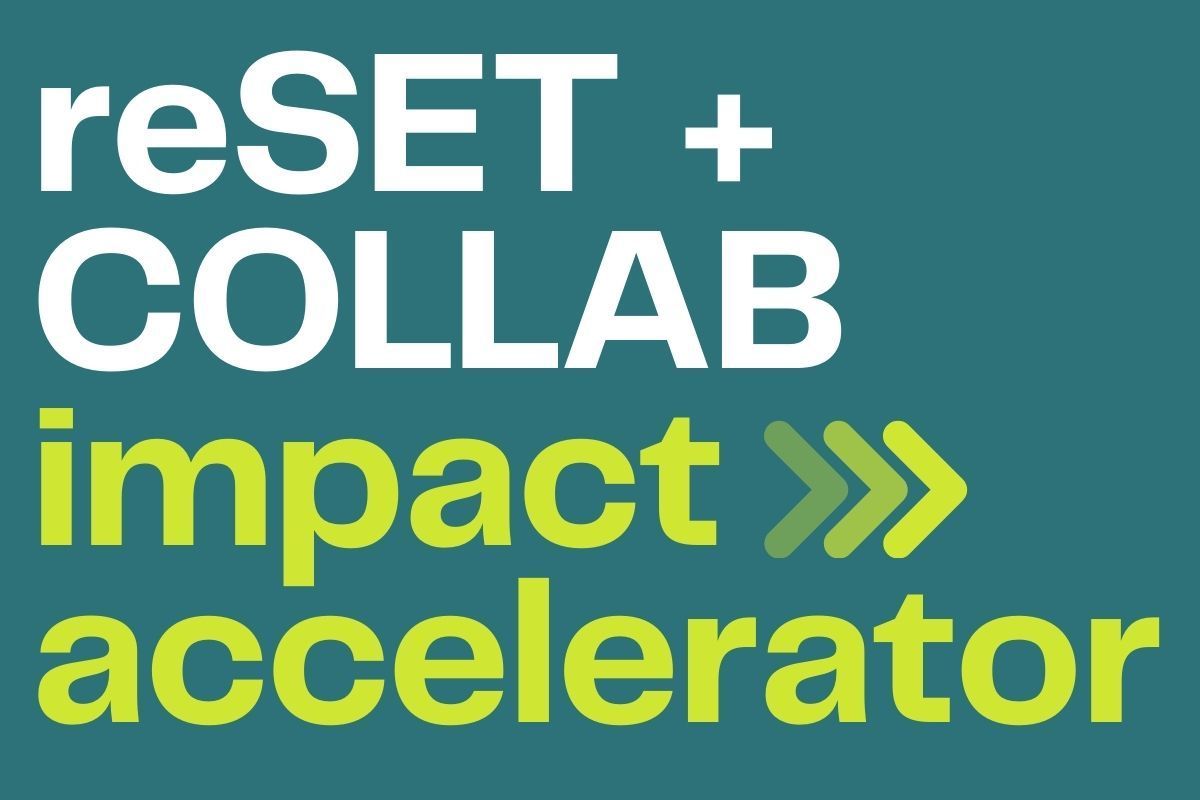From Boehringer Ingelheim More Health Blog –
reSET – Social Enterprise Trust is looking forward to making 2013 a landmark year for social enterprise in Connecticut. Over the past six months reSET has been working together with elected officials, policy makers and Boehringer Ingelheim public affairs colleagues, to make Connecticut the 19th state in the country with a specific legal designation for social enterprises.
This work is a continuation of an effort that reSET began late last year. During the 2012 session of the Connecticut General Assembly, reSET member and State Representative Gregg Haddad of Connecticut’s 54th district raised and supported House Bill 5466, “An Act Concerning Social Enterprise Businesses.” Although the bill received bilateral support and passed quickly through both the Commerce and Judiciary Committees, it was not raised for a vote before the session ended.
Following the close of the 2012 Legislative Session, reSET reviewed feedback offered on the bill by the Connecticut Bar Association and B Lab (a non-profit organization that offers certifications for social enterprises). reSET also conducted a comprehensive study of social enterprise statutes in place across the nation, and used this information to craft a new piece of social enterprise legislation that will be up for consideration in 2013.
The new bill, which will be introduced to the General Assembly in January is based on the Benefit Corporation model, developed by B Lab. The benefit corporation provides many of the same core protections and advantages as reSET’s 2012 House Bill 5466, and has been already been passed in twelve states. This updated version of social enterprise legislation will enable social entrepreneurs to incorporate and protect their organization’s social mission, while providing a legal framework for social enterprise that is: transparent, accessible, easy to replicate, and simple to implement.
This new legislation will also offer Connecticut’s social entrepreneurs with several key options and protections not currently available under other forms of organizational incorporation:
Mission Protection: Under current corporate law, corporate directors can only consider business practices that will maximize shareholder wealth. Benefit corporations are structured so that they not only allow social entrepreneurs to mix profits and purpose, they require it. Benefit corporations must provide a general public benefit, described as having “a materially positive impact on society and the environment taken as a whole.” They may also provide one or more specific public benefits, described as “a benefit that serves one or more public welfare, religious, charitable, scientific, literary, or educational purposes, or other purpose or benefit beyond the strict interest of shareholders.” These benefits are written into the benefit corporation’s articles of incorporation.
Accountability: The actions of a benefit corporation are assessed annually against a third party standard. The third party standard measures the extent of the social impact created by a benefit corporation, and helps members of the social enterprise community and consumers evaluate whether a company is living up to its stated commitment to creating a positive public benefit.
Transparency: Benefit corporations are required to deliver an annual benefit report to their shareholders and make these reports available to the public through their website. The annual benefit report includes a narrative description of the ways the company pursued and created any general and/or specific public benefit. It must also include a description of any circumstances which may have hindered the creation of those benefits, and be prepared in accordance with the third party standard they have chosen to adhere to. This level of transparency allows the social enterprise to regulate its own actions, but also allows consumers to make informed decisions about patronizing businesses which claim to be a social enterprise.
Legacy Preservation: Legacy preservation is a concept unique to reSET’s proposed benefit corporation legislation. This optional provision allows benefit corporations to lock in their commitment to their social mission, regardless of changes to management or ownership of the company. According to this provision, after a waiting period of at least one year, benefit corporations may enact, through a 100% vote of the board of directors, a measure that will require the business to remain a social enterprise in perpetuity, or until liquidation. This clause also requires the company, if liquidated, to distribute all assets held after the settlement of any debts and obligations to one or more related benefit corporations or charitable organizations.
Over the past few months, reSET has reached out to several key policy makers, helping them to understand how adding social enterprise legislation to Connecticut’ General Statutes would benefit our state and local economies. In December, Catherine Smith, Commissioner of Department of Community and Economic Development, presented reSET’s draft legislation to Connecticut Governor Dannel P. Malloy. reSET has also presented the bill to Commissioner of Department of Revenue Services, Kevin Sullivan; Commissioner of Department of Labor Sharon Palmer; and the Governor’s Non-Profit Liaison, Terry Edelstein. reSET hopes to receive the Governor’s support for the bill during the upcoming session of the General Assembly, and will continue to work until the opening of the legislative session on January 8 to strengthen our base of support amongst leaders in state and local government, and the business and non-profit sectors.
For more information about reSET’s social enterprise legislation, or to find out how you can help support reSET’s efforts to make Connecticut a hub of social enterprise, please contact reSET’s Program Associate James Woulfe:jwoulfe@www.socialenterprisetrust.org or 860.674.9023 x630
Michelle Cote
Executive Director, reSET








